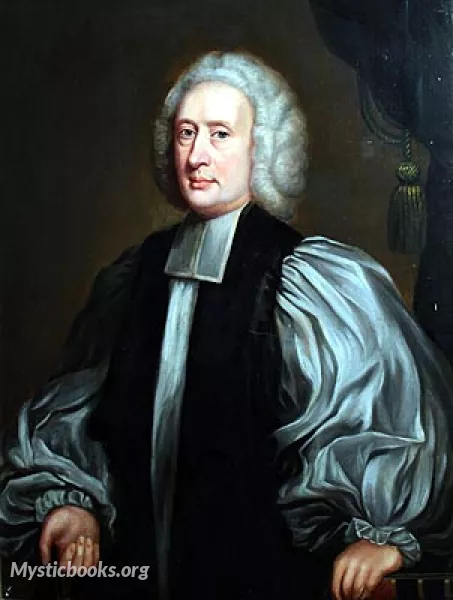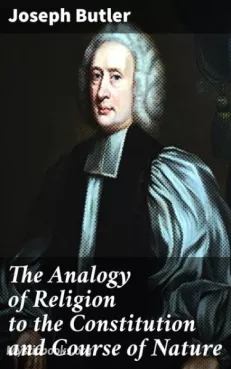
Timeline
Title
Country/Nationality
Joseph Butler
Introduction:
Joseph Butler, born on May 18, 1692, was a highly esteemed English Anglican bishop, theologian, apologist, and philosopher. Hailing from Wantage, Berkshire (now in Oxfordshire), Butler's intellectual prowess and principled approach to theology and philosophy established him as a prominent figure in 18th-century England. Renowned for his ethical reasoning and insightful writings, Butler left an indelible mark on religious thought and moral philosophy.
Principles and Notable Works:
Joseph Butler's principles revolved around the idea of a rational and moral universe governed by natural laws. He rejected extreme religious skepticism and championed the notion that reason and faith were compatible. Butler believed that individuals could discern moral truths through careful observation and reflection, emphasizing the importance of conscience and moral sense in guiding human behavior.
One of Butler's most notable works is "The Analogy of Religion, Natural and Revealed, to the Constitution and Course of Nature" (1736). In this influential piece, he argued that there was an analogy between the natural world and divine revelation, reinforcing the coherence of religious belief and the rationality of God's design. The book garnered significant attention and acclaim for its thoughtful exploration of religious and moral matters.
Another significant work by Butler is "Fifteen Sermons Preached at the Rolls Chapel" (1726). In this collection of sermons, he expounded upon various moral and theological subjects, presenting a rational and persuasive defense of Christianity.
Philosophy and Legacy:
Joseph Butler's philosophy centered on the idea that moral and religious truths could be ascertained through reason and introspection. He rejected dogmatism and encouraged individuals to engage in thoughtful examination of their beliefs, finding harmony between faith and reason. Butler's ethical approach focused on the importance of conscience, emphasizing the individual's duty to follow their moral sense and act in accordance with ethical principles.
Joseph Butler passed away on June 16, 1752, leaving behind a profound legacy. His contributions to religious and moral philosophy continue to influence theological debates and ethical discussions to this day. Butler is remembered as a profound thinker who provided nuanced and rational perspectives on the compatibility of reason and faith, the nature of morality, and the rationality of religious belief.
Furthermore, Butler's impact extended beyond his writings. As Bishop of Durham, he exerted his influence to promote social reform and charitable endeavors, displaying a genuine commitment to improving the lives of others. His reputation as a compassionate and principled leader endures, and his works continue to be studied and revered by scholars and theologians worldwide.
Interesting Fact:
Joseph Butler's philosophical insights and rigorous reasoning attracted the attention and admiration of influential figures, including the renowned philosopher David Hume. Despite their philosophical differences, Hume praised Butler's intellectual prowess and described him as "the greatest of modern philosophers."
In conclusion, Joseph Butler, the distinguished Anglican bishop, theologian, apologist, and philosopher, left an indelible mark on the fields of religious thought and moral philosophy. Through his writings, including "The Analogy of Religion," and his commitment to rational inquiry, Butler emphasized the compatibility of reason and faith while shedding light on moral truths. His legacy as a compassionate and principled leader continues to inspire and influence theological and philosophical discourse.
Books by Joseph Butler

The Analogy of Religion to the Constitution and Course of Nature
This is a captivating philosophical work that examines the relationship between religion and the natural world. Penned by the esteemed English Anglican bishop, theologian, and philosopher Joseph Butler, this book offers a profound exploration of the...